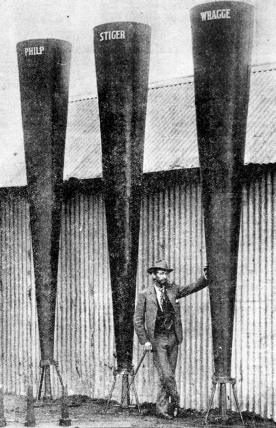Towns probed for ideas on past and future
 A university study is hitting outback towns to find out what made them tick, and what will keep them turning over in the future.
A university study is hitting outback towns to find out what made them tick, and what will keep them turning over in the future.
A team of researchers from the Queensland University of Technology are launching their latest study in the town of Charleville, holding public design workshops to see what locals think of their towns’ past and future.
QUT Professor Jim Gall says Charleville is typical in many ways, and will be used as a case study to help map potential future for similar towns across the state and country.
Charleville was chosen “partly it is because it's had a lot of flooding, partly because it relies a fair bit on the beef industry,” Dr Gall told the ABC.
“In a sense there are a lot of regional towns in that sort of situation, so it is a good place to pick... what we would learn from this and maybe the process that we might get established, we might start to put that into other places.”
He says as small towns have a history of popping up and folding just as quickly, it is important to plan ahead.
“I see that with some of the issues that might happen - say for instance, oil may become very expensive in the future, that improves the viability of rail transport, it puts an emphasis back on that... [giving] new life and economic meaning to those older centres.”
Charleville was founded by the building of a hotel in 1865, which became an important watering hole in the cattle-driving country.
Interestingly, in 1898 and 1902 the town was the location of unsuccessful attempts by Clement Wragge to fire ‘vortex cannons’ into the clouds in order to break a drought.
The cannons used remain on display in Charleville today. Mr Wragge also introduced the system for naming tropical cyclones.








 Print
Print